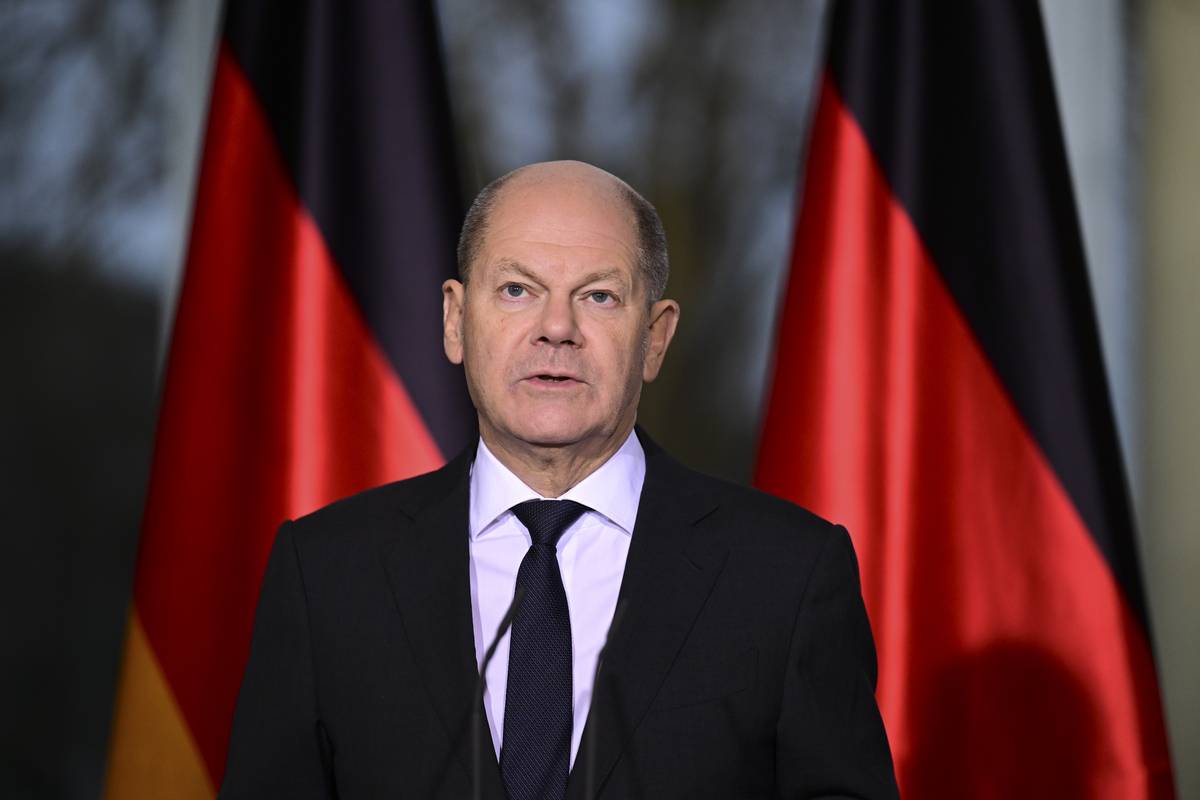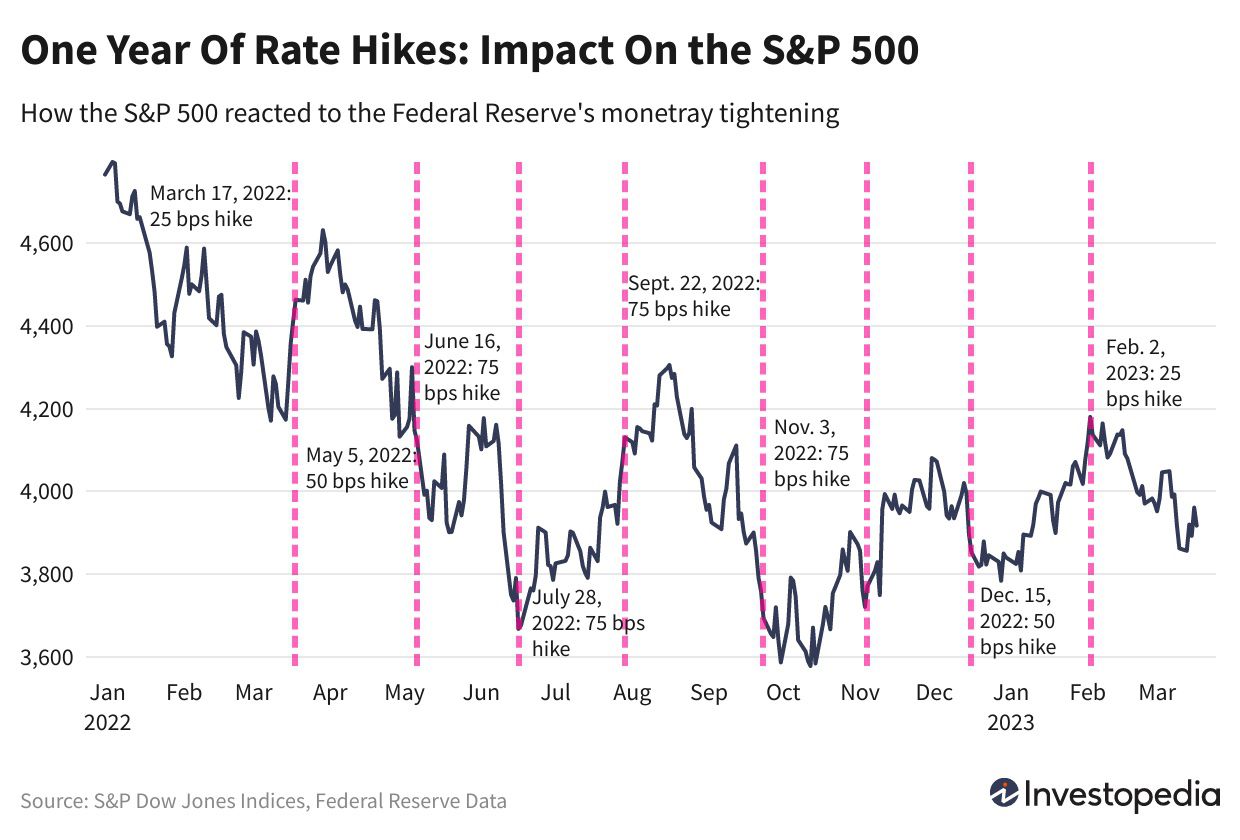Germany And Europe: Can The New Chancellor Reclaim Leadership?

Table of Contents
The Challenges Facing Germany's Leadership Aspirations
The Legacy of Merkel and the Need for a New Approach
Angela Merkel's sixteen-year tenure left a lasting impact. Her cautious, consensus-driven approach, while effective in navigating economic crises and maintaining stability, also fostered a perception of German passivity on the international stage. The rapidly shifting geopolitical landscape, marked by increased assertiveness from Russia and China, demands a more proactive and assertive German foreign policy. A significant challenge for Scholz is overcoming the legacy of Merkel's relatively restrained approach and forging a new path for German leadership.
- Increased reliance on Russia for energy: Germany's dependence on Russian natural gas created vulnerabilities exploited by Moscow.
- Slow response to the initial Ukraine crisis: Early hesitancy to confront Russia contributed to the perception of German indecisiveness.
- Internal political divisions: Navigating the diverse viewpoints within the governing coalition presents an ongoing challenge to policy coherence.
Economic Headwinds and the Energy Crisis
The energy crisis triggered by the war in Ukraine poses a severe threat to Germany's economic stability and, consequently, its capacity for European leadership. Soaring energy prices, inflation, and the potential for recession significantly constrain Germany's ability to invest in both domestic projects and initiatives aimed at strengthening the EU. The urgent need for energy diversification away from Russian gas requires significant investment and a rapid transition to renewable energy sources, posing substantial challenges to German industry and potentially hindering its capacity to support European partners.
- Inflation: Rising energy costs fuel inflation, impacting household budgets and reducing consumer spending.
- Rising energy costs: Increased energy prices place a heavy burden on German businesses, threatening competitiveness and potentially leading to job losses.
- Impact on German industry: Energy-intensive industries face particular challenges, affecting overall economic output.
- Potential for recession: The combined impact of energy crisis and inflation increases the risk of a significant economic downturn.
- Green energy transition challenges: Accelerating the shift to renewable energy requires massive investments and significant infrastructural changes.
Navigating the Geopolitical Landscape: The War in Ukraine
The war in Ukraine has fundamentally reshaped Europe's security architecture and presented Germany with a critical test of its commitment to European solidarity and its foreign policy capabilities. Germany's response, initially marked by hesitancy, has since evolved towards greater military support for Ukraine and stricter sanctions against Russia. This shift represents a departure from its previous reluctance to engage in military interventions and reflects the gravity of the situation. However, maintaining a delicate balance between supporting Ukraine, deterring further Russian aggression, and avoiding direct military confrontation remains a significant challenge.
- Sanctions against Russia: Germany has joined the EU in imposing sanctions on Russia, but their effectiveness remains a subject of debate.
- Humanitarian aid: Germany has provided substantial humanitarian aid to Ukraine, but the scale of the humanitarian crisis requires ongoing commitment.
- Military support for Ukraine: Germany has increased its military support to Ukraine, providing both weaponry and training.
- Balancing security and diplomacy: Germany must skillfully navigate the complexities of supporting Ukraine while keeping open channels for de-escalation.
Opportunities for Germany to Reassert its Leadership
Leveraging Economic Strength
Germany possesses significant economic strength, making it a key player in shaping European and global policy. Its robust industrial base, technological prowess, and considerable financial resources can be leveraged to foster economic growth within the EU and support ambitious infrastructure projects across the continent. Investing in green technologies, strengthening the EU recovery fund, and taking a leading role in global trade negotiations will all reinforce Germany's position as an influential economic power.
- Support for EU recovery fund: Germany can play a vital role in ensuring the effective implementation of the EU's recovery plan.
- Investments in green technologies: Germany can drive innovation and investment in renewable energy technologies.
- Role in global trade: Germany can leverage its influence to promote fair trade practices and global economic stability.
Strengthening Transatlantic Ties
The relationship between Germany and the United States remains crucial for shaping European security and global policy. Strengthening transatlantic cooperation on defense, climate change, and technological innovation is vital to counter emerging threats and address global challenges effectively. Enhanced collaboration on joint military exercises, intelligence sharing, and technological development will not only strengthen security but also reinforce the shared values and interests underpinning the transatlantic partnership.
- NATO cooperation: Germany can enhance its commitment to NATO, strengthening the alliance’s collective defense capabilities.
- Joint military exercises: Increased joint military exercises with the US and other NATO allies will improve interoperability and enhance readiness.
- Shared intelligence: Closer intelligence sharing will enable more effective responses to global security threats.
- Collaboration on technological advancements: Cooperation in emerging technologies, such as artificial intelligence and cybersecurity, is crucial for maintaining a technological edge.
Promoting European Integration
Germany’s commitment to deepening European integration is pivotal for strengthening the EU's ability to act decisively on the global stage. By supporting deeper European integration, particularly in foreign policy and defense, Germany can help to create a more cohesive and effective EU, capable of addressing shared challenges effectively. This leadership role requires actively promoting a stronger common defense policy and bolstering EU institutions to create a more unified and autonomous European voice in international affairs.
- Support for deeper European integration: Germany must champion initiatives that foster closer political and economic ties among EU member states.
- Common defense policy: Germany can play a crucial role in developing a robust and effective common European defense policy.
- Stronger EU institutions: Strengthening EU institutions will enhance the EU's capacity to act decisively in various areas.
- Managing migration flows: Germany can take a leadership role in developing a coordinated and humane approach to managing migration flows.
Conclusion
Germany's ability to reclaim its leadership role in Europe faces considerable challenges, ranging from economic instability to a complex geopolitical landscape. However, opportunities remain to leverage its economic might, bolster transatlantic partnerships, and champion European integration. The success of Chancellor Scholz’s approach hinges on effectively navigating these complexities. Will Germany's new leader successfully steer the country back to a position of European prominence? Only time will tell, but the stakes are undeniably high for both Germany and the future of European leadership. The actions of the new Chancellor will be crucial in determining whether Germany can reclaim its place as a leading force within the EU and beyond. Let the discussion continue on Germany's future role in European leadership.

Featured Posts
-
 16 April 2025 Daily Lotto Results
May 07, 2025
16 April 2025 Daily Lotto Results
May 07, 2025 -
 Interest Rate Cuts Powells Calculated Risk Amidst Trumps Pressure
May 07, 2025
Interest Rate Cuts Powells Calculated Risk Amidst Trumps Pressure
May 07, 2025 -
 Notre Dame Alumnae Wnba Stars Return For Preseason Game
May 07, 2025
Notre Dame Alumnae Wnba Stars Return For Preseason Game
May 07, 2025 -
 Daily Lotto Winning Numbers For Friday April 18 2025
May 07, 2025
Daily Lotto Winning Numbers For Friday April 18 2025
May 07, 2025 -
 The White Lotus Season 3 Identifying The Voice Actor For Kenny Tims Colleague
May 07, 2025
The White Lotus Season 3 Identifying The Voice Actor For Kenny Tims Colleague
May 07, 2025
Latest Posts
-
 Predicted Counting Crows Setlist For 2025 Concerts
May 08, 2025
Predicted Counting Crows Setlist For 2025 Concerts
May 08, 2025 -
 Counting Crows Potential 2025 Tour Setlist A Fans Speculation
May 08, 2025
Counting Crows Potential 2025 Tour Setlist A Fans Speculation
May 08, 2025 -
 Counting Crows 2025 Setlist Predictions What Songs Will They Play
May 08, 2025
Counting Crows 2025 Setlist Predictions What Songs Will They Play
May 08, 2025 -
 Analyzing Counting Crows Slip Into The Shadows From The Aurora Album A Track By Track Look
May 08, 2025
Analyzing Counting Crows Slip Into The Shadows From The Aurora Album A Track By Track Look
May 08, 2025 -
 Nba Playoffs Triple Doubles Quiz How Many Can You Name
May 08, 2025
Nba Playoffs Triple Doubles Quiz How Many Can You Name
May 08, 2025
